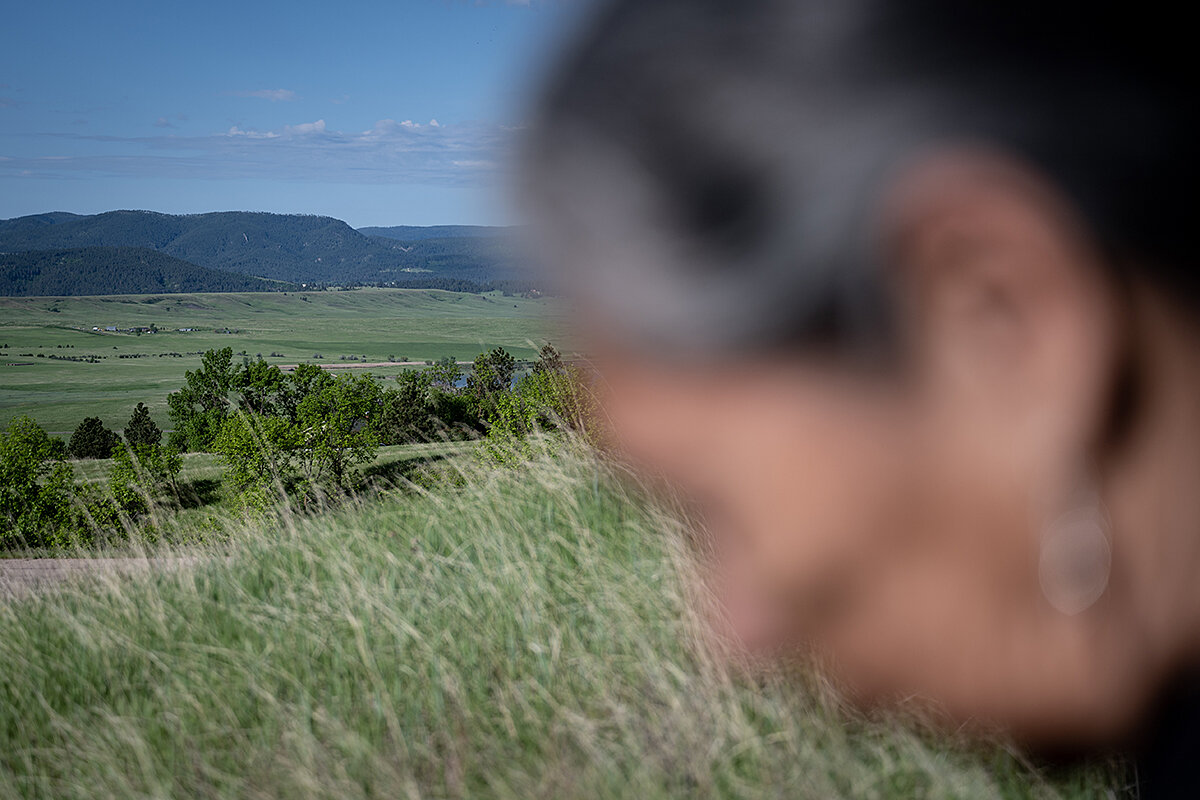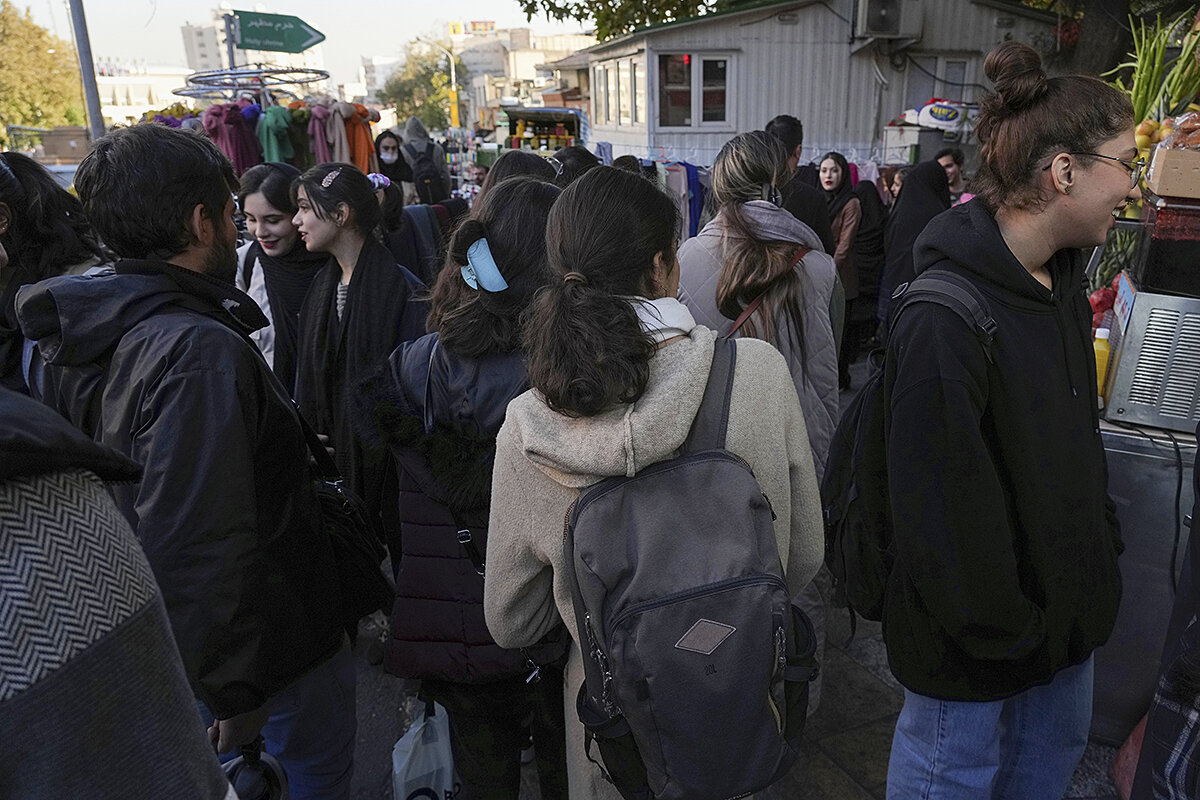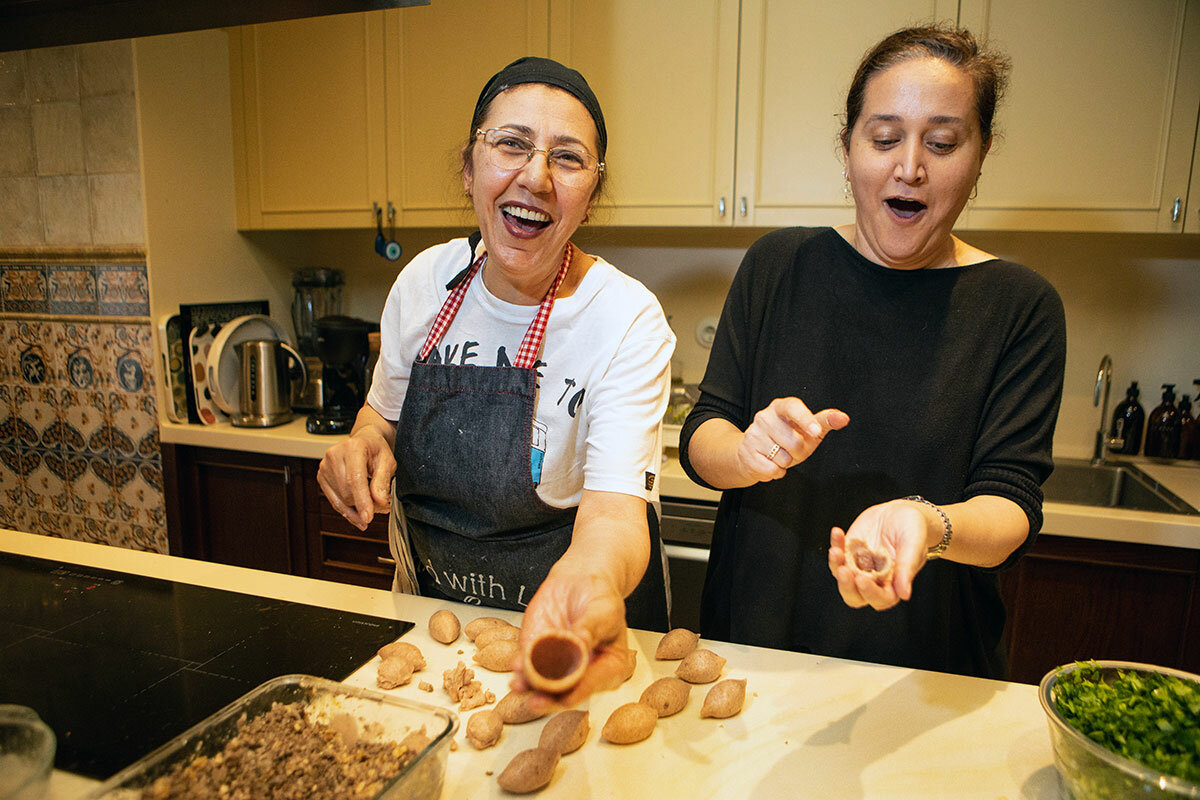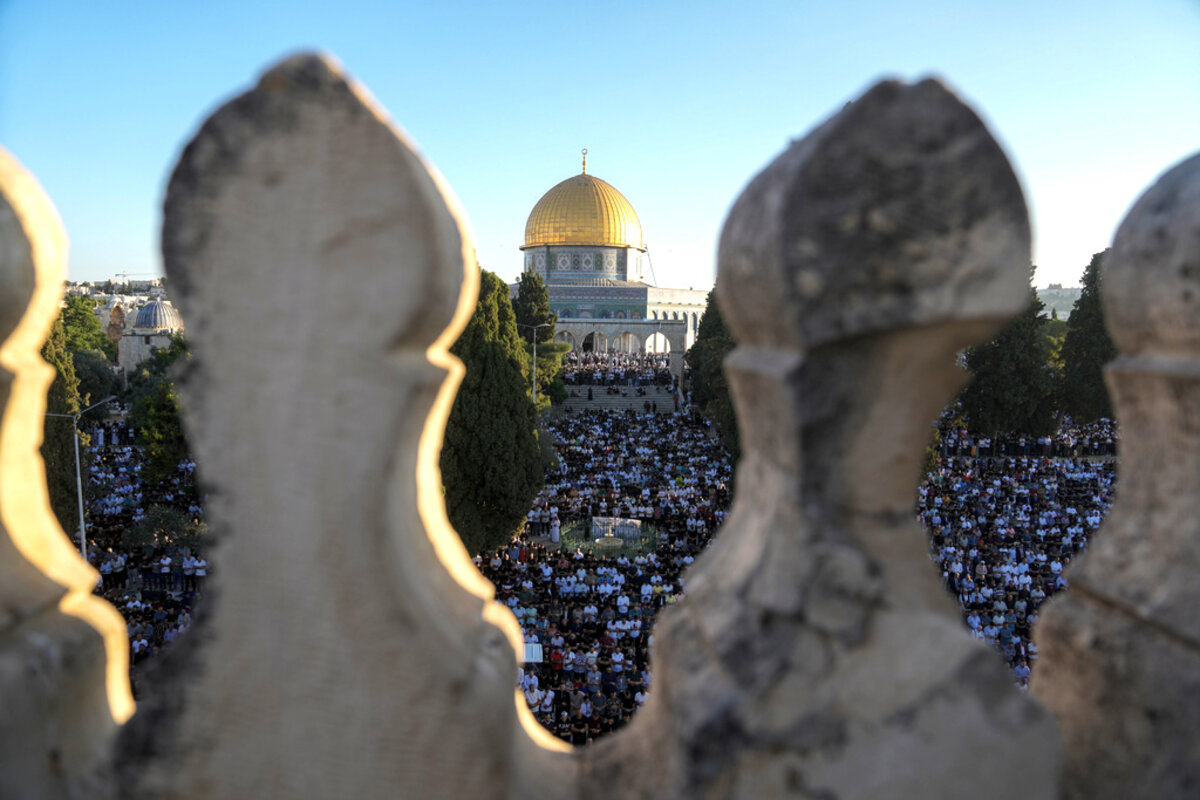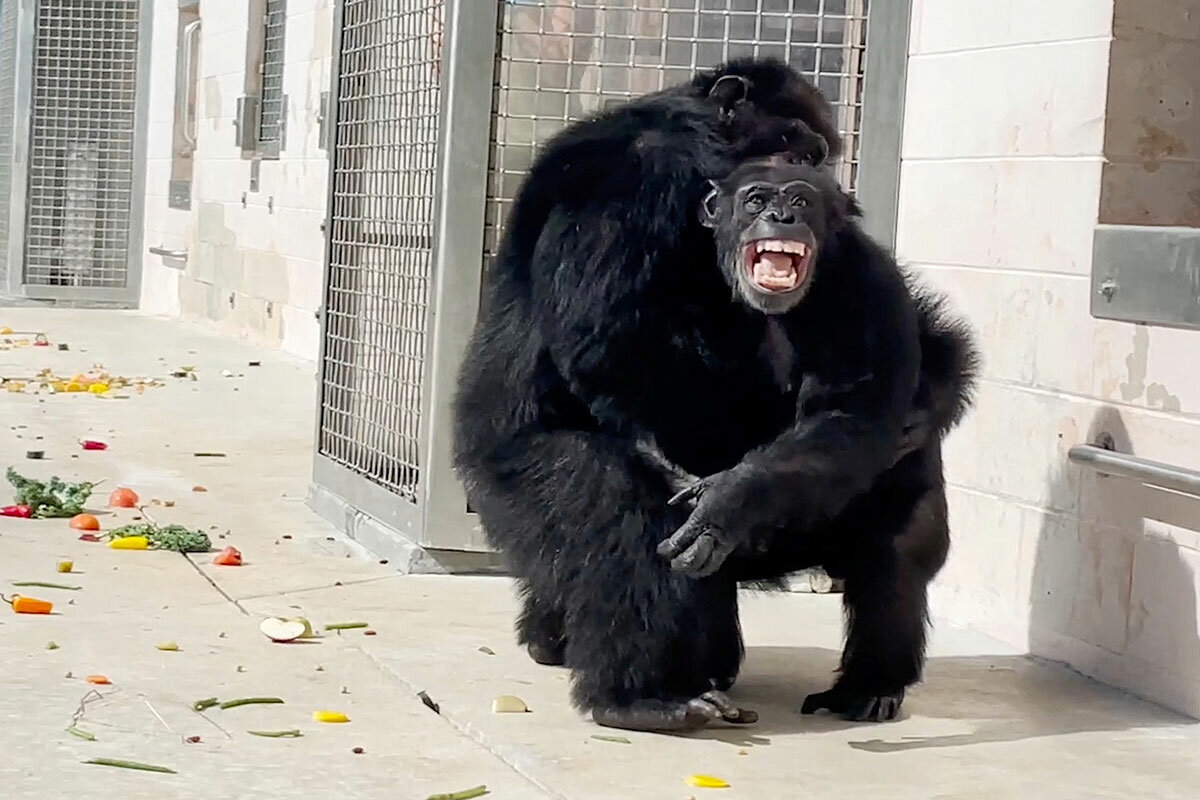How do you make reparations for historic harm when money is off the table? To accept cash for stolen land would be to sell out in the purest sense, members of the Sioux say. They want their land – or at least a say in how it is protected.
Monitor Daily Podcast
- Follow us:
 Laurent Belsie
Laurent Belsie
Beware the oil shortage. No, not that oil. Olive oil.
Weather problems have caused concern on both sides of the Atlantic. In Europe, a drought, the worst in decades, has devastated the olive crop in Spain, the world’s largest producer of olive oil. In the United States, it’s the opposite problem: too much rain and flooding in California this spring.
The result: rising prices. Wholesale prices surged to a record in April, which in turn has boosted consumer costs. That’s a price hit for Americans, but nothing like the impact in Greece, Spain, Italy, and Portugal, where per capita consumption of the golden liquid is some 10 times greater.
In some ways, Italy is shouldering the biggest burden. In addition to weather challenges, its biggest olive-growing region is struggling to contain a bacterium that is killing olive trees. Italians, who consume more high-value, extra virgin olive oil per capita than anyone else, run the risk of running out of the stuff before the new crop comes in this fall.
Many blame climate change, suggesting that the region’s weather woes will continue for decades. Then again, Mediterranean farmers have been battling drought and heat for an estimated 6,000 years. They and their groves are a tenacious lot.




